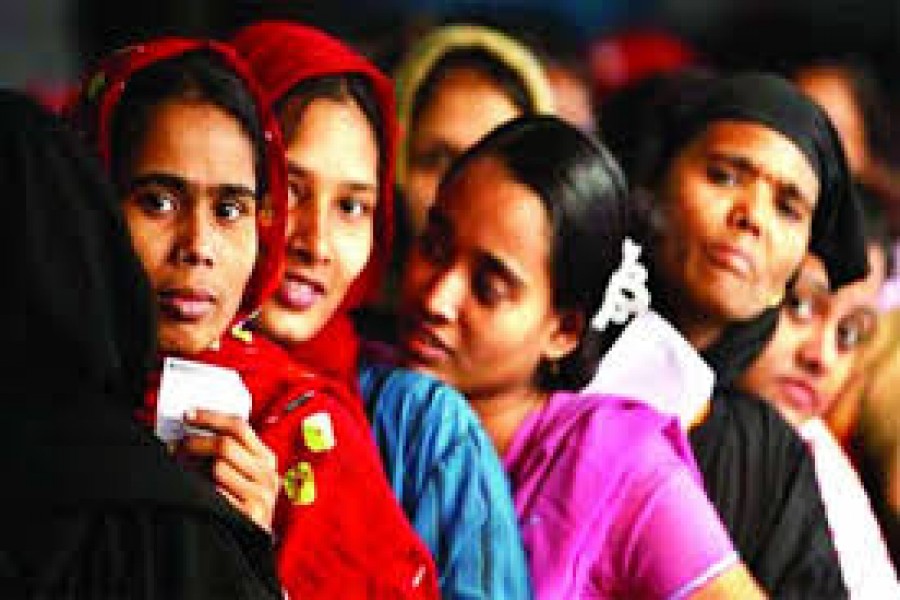Though Bangladesh has a long way to go before it can claim to have attained the required level of management towards erasing the blot on humanity -- human trafficking-- still, through persistent efforts, the country has made a marked headway in this direction. The US Department of State's annual Trafficking in Persons (TIP) Report 2020, in recognition of Bangladesh's efforts to combat this evil, has upgraded its position to Tier-2.
Without a doubt, this is a welcome piece of news amid the country's all-out war against the pandemic that has been wreaking havoc on its public health system as well as the economy. In fact, as with many other nations, elimination of this age-old curse of humanity has been a protracted struggle. So, this recognition by the US TIP Report will greatly encourage Bangladesh to continue with the good work and even do better with the support of the leading members of the concerned international community. Of course, there is an internal battle to be won in terms of raising the ramparts of awareness against falling prey to traffickers' trap.
While in the eyes of the US TIP Report the points that Bangladesh scored include convicting more traffickers, registering a modest increase in the number of trafficking victims being identified, acceding to the UN TIP Protocol and setting up of seven anti-trafficking tribunals in line with the country's law and the humanitarian access allowed by the government to the Rohingya camps. The US TIP Report also appreciated the government's performance pointing to the critical areas of concern that call for further attention and action to improve upon the situation.
It is believed that the government would take due note of the issues that came under scrutiny such as identifying victims or probing into alleged incidents of forced labour or trafficking of Rohingya people or of child sex trafficking, or providing support to or investigating into the reported cases of forced labour of Bangladeshi workers in some Middle Eastern destinations. Hopefully, the government would look into the issues thus referred to in the US TIP repot and draw up an action plan in harmony with all stakeholders to address those where it deems fit.
However, a very important implication of the US TIP report is that it helps to portray Bangladesh in a more positive light before our international development partners, a prospect that could not fail to elicit due appreciation from the Bangladesh side. True, in a time of unprecedented challenge of finding the middle ground between life and livelihood for its people, the nation deserves, more than ever before all the good cheer she needs going forward. But the country can hardly rest on such a laurel in a field that warrants constant vigilance. The chief aim, on the other hand, should be more than just upgrading status from a lower to a higher 'Tier' in the TIP Report but achieving at least a 'reasonable level' on the human trafficking elimination scale.
To achieve that goal a vital area of concern that came up in the TIP Report would need urgent addressing. It is about the ways the rights of the recruited migrant workers are violated by the local recruiting agencies, and by their employers in many cases. In this context, the roles of the Bureau of Manpower and Employment Training (BMET) and Bangladesh missions abroad assume critical significance. The government would do well to render the BMET more accountable and effective in delivering the goods along with setting problem-solving targets for our missions overseas.


